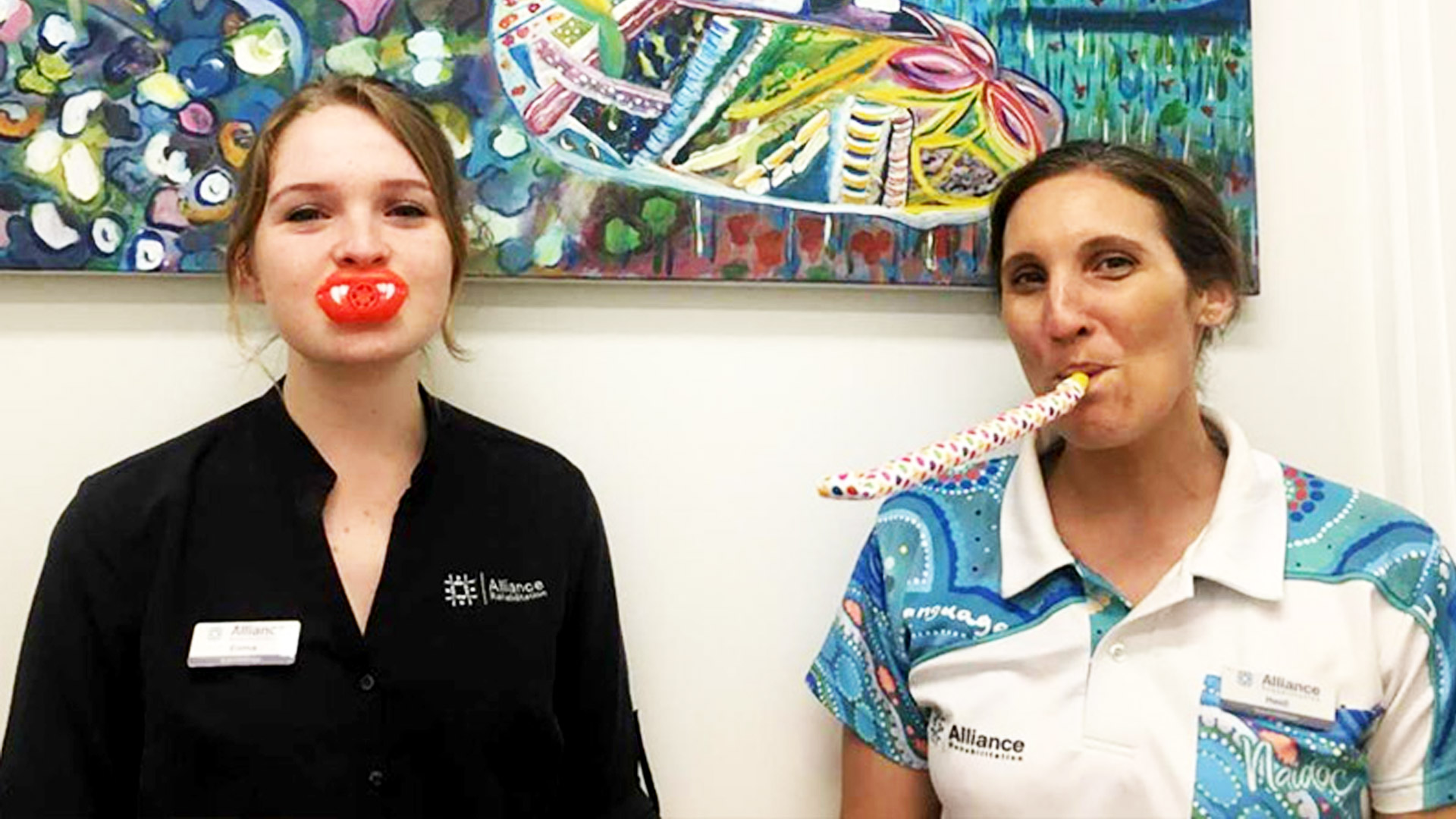Our voice is a valuable resource. We use it daily to communicate and often as part of our professions. It’s a large part of our identity and allows us to effectively express our emotions.
Even a very mild or occasional voice problem can interfere with a person’s quality of life! Anyone can develop a voice problem and the statistics say 7 to 9 per cent of children and 5 to 6 per cent of adults will develop a voice problem. Women are more likely than men to experience difficulties with their voice.
Red flags for voice difficulties include:
- A hoarse or raspy sounding voice
- Suddenly sounding deeper
- A raw, achy or strained feeling in the throat or
- Difficulty producing voice including voice loss
There are many reasons (both medical and lifestyle) why a person may experience voice difficulties or changes.
Lifestyle factors that can impact how our voice sounds include:
- Overuse – talking all day at work and then heading out or an evening of yelling or talking
- Misuse – this involves abuse of the vocal folds like talking with a sore throat, screaming/yelling or cheering, talking in loud environments
- Stress – the voice is very sensitive to emotion. Stress impacts it by increasing tension of the muscles causing strain, which can lead to lasting damage.
- Smoking – damages the mucous producing glands and the cell lining of the throat and vocal folds resulting in altered voice quality.
- Gastroesophageal Reflux Disease (heartburn) – this is a result of stomach contents leaking back up into to the oesophagus which can cause damage to the vocal folds and alter voice.
As mentioned above quality voice production can be impacted by medical factors. A stroke or other acquired brain injury can weaken or even paralyse the muscles around your vocal folds impacting voice production, while vocal changes are a common part of many degenerative diseases such as Parkinson’s. Voice changes occur as a part of normal aging as well.
Alliance Rehabilitation’s speech pathology team are trained to provide vocal rehabilitation through specialised programs such as the Lee Silverman Voice Therapy program and general vocal health education, vocal function exercises for strength and flexibility and voice training.
Speech pathologists can also work with transgender people to help them use their voice effectively to reflect their personal changes.
If you are concerned about changes to your voice due to medical or lifestyle factors or would like to improve the quality of your voice call Alliance Rehabilitation on 4772 1219 and speak to one of our speech pathologists.

